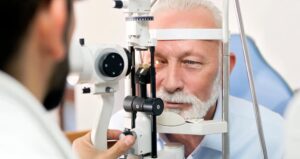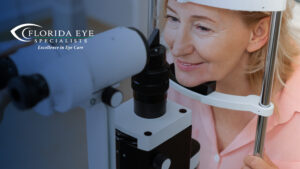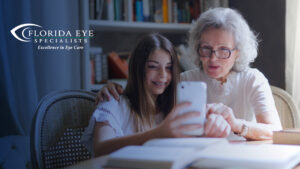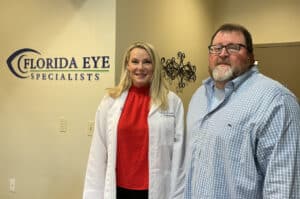
Is Glaucoma Hereditary? FAQs
Glaucoma is one of the leading causes of irreversible blindness, and many patients don’t realize they’re at risk until it’s too late. If you have a parent, sibling, or grandparent who has been diagnosed, you may wonder: Is glaucoma hereditary? The short answer is yes. Family history plays a significant role in determining your risk,










